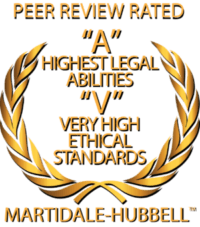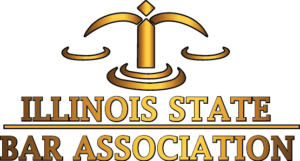The foreclosure process in Illinois is governed by the Illinois Mortgage Foreclosure Law and various federal laws and regulations. Lenders and servicers must strictly comply with this law before and during the foreclosure process. If they fail to do so, their mistakes could be your leverage to delay or defeat the foreclosure or negotiate favorable terms of a modified loan. Only an experienced foreclosure lawyer can fully protect your state and federal rights.
Foreclosure proceedings can begin after a single missed payment, but it isn’t very likely. Most banks and lenders have a grace period for late payments, usually with a fee added on. It typically takes being a full 30 days late for the alarm bells to go off. After the second missed payment, you’ll be getting some phone calls. Many lenders will only accept late payments sufficient to bring the loan completely current. They also may refuse any partial payments.
Once you fall three months behind, things get serious. This is typically when most lenders will begin the foreclosure process. Lenders and servicers must strictly comply with all applicable laws and regulations before they are entitled to sue you for foreclosure. You must know your rights in order to enforce them, and that is why you need an experienced foreclosure defense attorney on your side.
Once a foreclosure lawsuit is filed, the lender or servicer will try to move it quickly through the court system toward a judicial sale. However, the rights you have as a foreclosure litigant are the same as those afforded any litigant: You have an opportunity to present and fully litigate any defenses you may have. These often include taking full advantage federal law and regulations concerning loan modifications. While you are pursuing a loan modification or other type of “loss mitigation,” you have the right for your foreclosure case to be put on hold. It will not be put on hold automatically, though; you have to know how to enforce your rights. This is something you should not attempt without the help of an experienced foreclosure defense attorney.
Foreclosure also requires that any other involved parties be notified of the proceedings. For instance, if the homeowner took out another loan against the house with a third party, that lender must be contacted and its loan amount must be paid from the auction’s proceeds. If the third-party lender isn’t paid, it can apply the mortgage to the new property owner. Many times, the lender will actually buy the property back and attempt to sell it through the real estate market at a later date.
There can also be deficiency judgments entered against the borrower if the sale of the property doesn’t satisfy the amount of the loan. If saving the home is not possible, it is important to minimize or eliminate the amount of any money judgment that may be personally entered against you. Bankruptcy is only one strategy to avoid a money judgment–experienced foreclosure defense attorneys can help you minimize or eliminate money judgments entered against you after a deficiency arises from a foreclosure judgment and sale without the need for a bankruptcy filing.
Contact Lou Brydges & Associates today online or by telephone at 847.680.6250 to speak with our experienced foreclosure defense attorneys.


